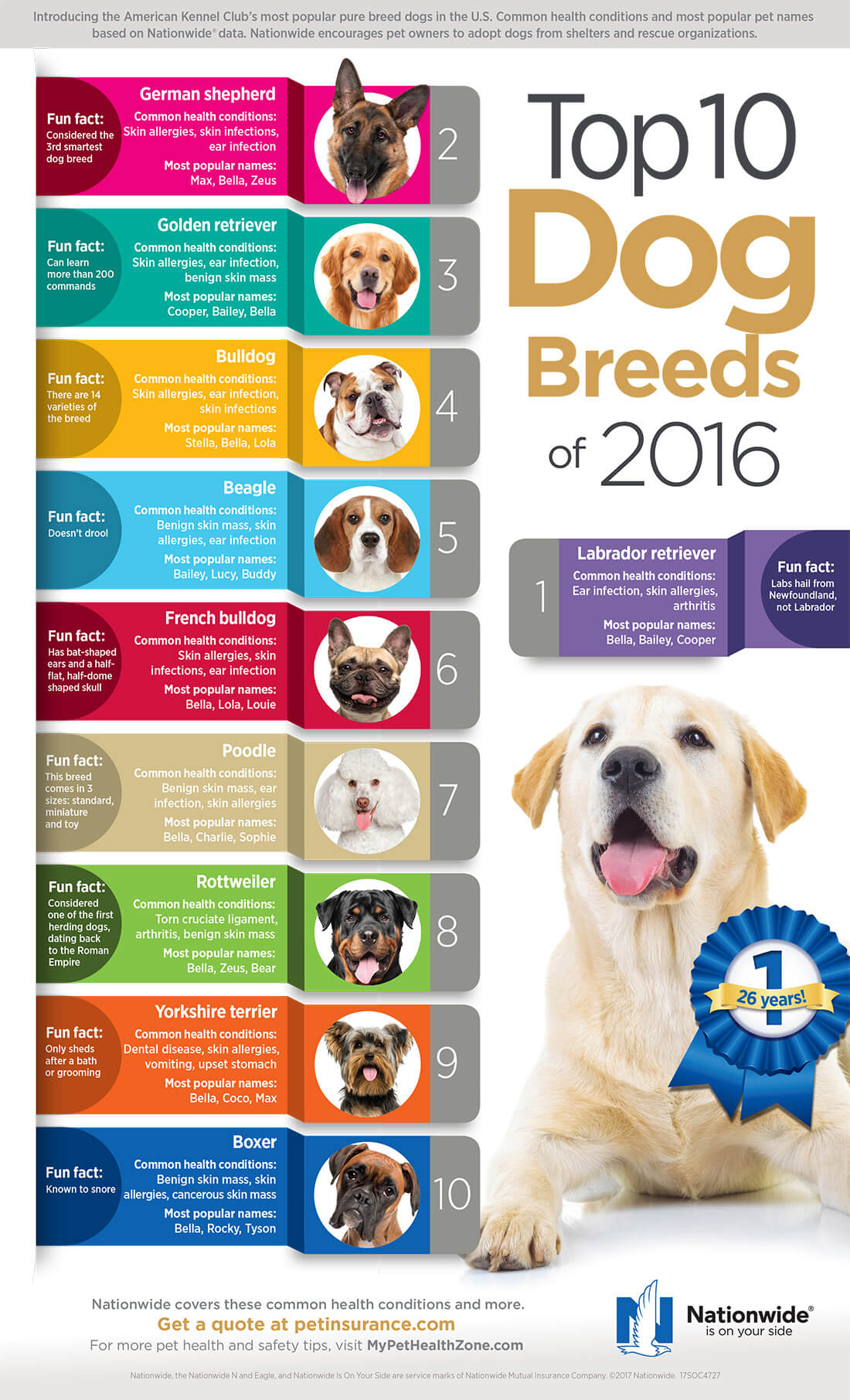What To Do If Your Dog Hates Going To Daycare Tips For A Smooth Transition
What To Do If Your Dog Hates Going To Daycare Tips For A Smooth Transition
Blog Article
Can Dog Day Care Cause Illness?
Pets in day care receive lots of exercise, socializing with various other canines and unique experiences. This can be specifically practical for young puppies and dogs with behavior problems.
There are several legal considerations you require to think about when starting a doggy daycare service. These consist of the framework of your organization and compliance with government policies.
1. Dog Distemper
Canine distemper is spread out with straight contact with the physical liquids and waste of a contaminated pet, but it can also be transmitted through shared water and food bowls or with airborne droplets. This extremely infectious health problem is most unsafe for pups, yet it can influence pets of any kind of age and is deadly for the majority of if left untreated.
Initial symptoms of canine distemper frequently mimic a cold, including runny eyes and nose with watery or pus-like discharge. As the disease progresses, a canine will develop fever, coughing, decreased appetite, vomiting and diarrhea. The infection can additionally strike the nerve system, leading to seizures, twitching and partial or complete paralysis.
Respectable day cares minimize exposure to infection by needing vaccinations, routine health examinations and follow rigorous health procedures. If your puppy seems overly tired or limping, a day off might assist him recuperate, however you ought to avoid taking him back to childcare till these signs clean up.
2. Kennel Cough
Kennel cough, additionally called transmittable canine tracheobronchitis or Bordetella, is an extremely contagious viral or bacterial condition that influences the respiratory system system. It's frequently transferred through the exchange of saliva or air droplets that an unwell pet dog exhales. Social pets go to greater danger for infection due to their frequent communication with each other, such as when they play, share food or water, sniff one another or merely fulfill in a congested environment like a pet park or day care.
The most common signs and symptom of kennel coughing is a persistent and strong coughing that seems like something stuck in the throat or retching. Usually, pets will certainly cough up frothy white phlegm. If left unattended, a pet dog can develop pneumonia and be at significant danger for life.
A trusted childcare center ought to have rigorous cleansing and sanitation methods, sterilize all toys, food and water bowls consistently, and be open concerning their vaccination plans. Maintaining your dog approximately day on their vaccinations, especially for bordetella and canine flu, will significantly lower their possibilities of contracting the ailment.
3. Parvovirus
Canine parvovirus, or parvo, is an extremely contagious viral ailment that can be dangerous for puppies and young person pet dogs with poor body immune systems. It's most typically spread out by direct contact with infected pet dog feces-- which can happen when pets sniff, lick, or taste contaminated feces-- and indirectly from contaminated individuals, items, or environments (like kennels, brushing rooms and grass). Puppies and pets without total inoculation histories are specifically prone to parvo.
The virus is very resilient, making it through in the environment for approximately nine years, and can conveniently be transferred in between dogs by get in touch with via feces or on footwear, clothing, and bed linen infected with parvovirus. If not dealt with right away with IV liquids, electrolyte balance, throwing up control medicines and anti-biotics to avoid second bacterial infections, a pet will rapidly dry boarding for dogs out and develop extreme diarrhea, which brings about shock and sepsis. Parvo is hard to cure when a pet has come to be ill, but with proper vet care, lots of puppies do endure this ailment.
4. Canine Flu
Pooch influenza infection is highly transmittable and spreads through direct call, sharing food and water bowls, licking or nuzzling other pet dogs, via airborne beads, and through polluted surface areas. Vaccination is effective in minimizing the risk of infection and break outs.
A lot of influenced canines establish a light respiratory infection with a coughing that lasts 1-3 weeks. They might also have nasal and ocular discharge, sneezing, and sleepiness. Several of the most severe cases lead to pneumonia and a high fever.
If your pet dog shows any of these signs, do not bring them back to childcare until they are healthy and balanced. If your pet is showing indications of severe exhaustion or limping, speak to your veterinarian immediately and make certain they get on good health supplements to assist construct their resistance. A vet will assess your pet for symptoms of the flu by taking a sample from the nose or throat, and blood examinations can be done to validate.